Last Updated on July 13, 2022 by Colleen
There’s Plenty of Delicious Choices Among the Most Ethical Chocolate Companies
Part 1 of a 2 part series
I wonder if it was hard for the Public Relations wing of Mars Inc to write their February press release supporting Black History Month? To save you time, I’ll spoil it for you. It’s all about the progress they’ve made in supporting diversity and inclusion in supplying what I’m sure they think is the best chocolate.
They did not, however, report about Mars’s progress in eradicating slavery in the chocolate industry. Or more accurately, its lack of progress. I wonder if they had a paragraph in the original version apologizing for the nearly 20 years they have continually dialed back their commitment and timeline for eradicating black slavery in their supply chain? And if they did, did their C-suite edit out?
Public Relations Problems
To be fair, Mars’s executives and PR department must be busy. I assume this because they didn’t have time to update their annual Modern Slavery Statement in 2020 after publishing annual reports in 2016, 2017, 2018, and 2019. I realize Covid may have played a role, but it shouldn’t be an excuse for not issuing one at all. There wasn’t even a press release explaining the delay.
Mars’s 2019 Statement commits to have a monitoring system for slavery in chocolate supply chain in place by 2025. They predict it will halve the amount of child slavery on cacao farms in Africa.
I’m sorry, what?? Estimates are there are at least 16,000 child slaves in the Ivory Coast and Ghana working in cacao farms. Even if Mars meets its goal, by 2025 there will still be 8000+ enslaved. And unfortunately, if the past is prologue, they won’t even meet that goal.
And yet, they have the audacity to issue a press release during Black History Month about their wonderful initiatives in diversity and inclusion. This is a fantastic example of how companies use work in one area as a cover crop. They hope it will divert from or partially remediate more important, damaging things they are doing, like supporting a supply chain known to rely on child and adult slavery and rainforest degradation.
Other Global Chocolate Brands Also Support Slave Labor in the Chocolate Industry
And, it’s not just Mars. Other major players like Nestle told Congress they would stop child and adult slavery in chocolate their supply chain nearly 20 years ago. They boldly insisted they didn’t need federal regulators to step in to stop slavery in the chocolate industry because they would handle it themselves.
And, yet, Nestle hasn’t issued a progress report on its 2018 pledge to reach 70% traceable, responsibly sourcing for cacao. In fact, the company’s annual report published Feb 2021 does not even mention this “labor issue,” let alone chronicle its progress in eradicating it. Though it does spend several inches talking about “Business as a Force for Good” is a story about how it is making milk more climate-friendly.
Hershey stands out among this group as having taken the most action on this front, announcing all their chocolate was 80% certified by outside sources and would be 100% certified by 2020. But all the players in the industry, including the certifiers like Fairtrade and Rainforce Alliance, lament that certification is far from a guarantee that child slaves are not working on the farms.
This is what happens when a 150 billion-dollar-a-year industry is addicted to low prices. It also shows how unincentivized they are to work together to create actual change, as opposed to reports and presentation. Congress could have been the stick to make them act. Instead, they handed the stick to the industry to self-regulate. These major players in the industry then turned it into a pencil to use to write reports.

Supreme Court Accountability
But there is good news: the stick may finally be coming via the US Supreme Court. In December 2020, the Court heard a case brought by six adults who were enslaved as children from Mali. Traffickers brought them to the Ivory Coast to harvest cacao bought by Nestle.
The Court was not impressed with Nestle’s assertions it should not be held responsible for its supply chain. Nestle’s lawyers argued the company can’t be held responsible for its suppliers.
Wait, their “impact reports” claim Nestle will do just that by 2025. Which one is it?
I feel like these executives should be put in a jail cell until they can show the cacao farms they buy from are 100% slave-free (or even 95% as I recognize you can never ferret out all corruption).
Better yet, what if the executives were forced to work on a cacao farm until all the enslaved children are freed? After all, if the people producing their product don’t have their freedom, why should the executives? And to be sure, concurrent enslavement would inspire them to clean up slavery in the chocolate industry faster.
You Can Easily Help by Choosing Chocolate Not Grown in Africa
Most of us LOVE chocolate. Some of us even crave it and make it part of most every day. Because of this, it’s worth the time to learn how and why to find the best chocolate.
There are plenty of ethical chocolate companies working to source ethical cacao for you to choose your favorite flavor profiles.
I have links to some great brands to love below. I also have a resource for finding more brands and looking up your favorites. But still, I have to admit, it’s not easy for consumers or for companies. You see, if you want clean AND ethical chocolate, you’re likely to have some trade-offs. I’ll get into heavy metal toxicity in my second blog but just know this. Identifying the best chocolate is tricky. But there are definitely better choices. Let’s start with slavery.
But Let’s Tackle Slavery First
First, do no harm. To be sure, none of us want children to be forced into slavery. For any reason.
And, I firmly believe that food cannot be good for you if it was grown unethically. I believe it affects the energetic properties of the food. And no, I can’t tell you what that means.
But I believe food interacts with us in much more complicated ways than macro and micronutrients. If food or product was produced with the blood of enslaved children, it somehow impacts the person consuming it. I’m fine if you disagree with me, but I know it to my core.
Why and Where Are Child Slaves Being Used?
Cacao plantation laborers today make less than $2 a day, which is under the international poverty wage. How do you compete on price in that environment? How much less than $2 can you go? Well, how about free?
Seventy percent (70%) of the world’s cacao is grown in Africa, specifically in Ghana and the Ivory Coast. Farmers started exploiting labor when Europeans discovered the delicacy and drove up demand in the 1500’s. African producers started using child slave labor in the chocolate industry to drive down their costs and compete for the export business.
How do they enslave children and adults? Through purchase, theft, or trickery.
How to Avoid Chocolate Grown with Slave Labor
The answer here is simple. Avoid eating any chocolate sourced from Africa. At a minimum, that means setting aside Mars, Nestle, Mondolez, and other companies that provide inexpensive chocolate due to this labor structure.
Toll-House elves may be cute but think of them as child slave owners, and they lose their charm. You can easily substitute an ethical chocolate chip from Pascha Chocolate, for example, into your best chocolate chip cookie recipe and get much more enjoyment out of it.
How Do You Find Brands that Ethically Sourced Chocolate? Start with Organic.
Though many companies won’t tell you the country from which they buy their chocolate, here’s a tip. Organic chocolate comes from the Americas, not Africa; African farmers do not supply organic cacao. According to press reports, there haven’t been reports of a slave labor problem in Central and South America growing regions, though I’m sure no region is 100% slave-free and certainly not child-labor-free. Here are my tips for navigating this.
#1 – Buying organic is an easy way to find slave-labor-free chocolate if you are in a hurry.
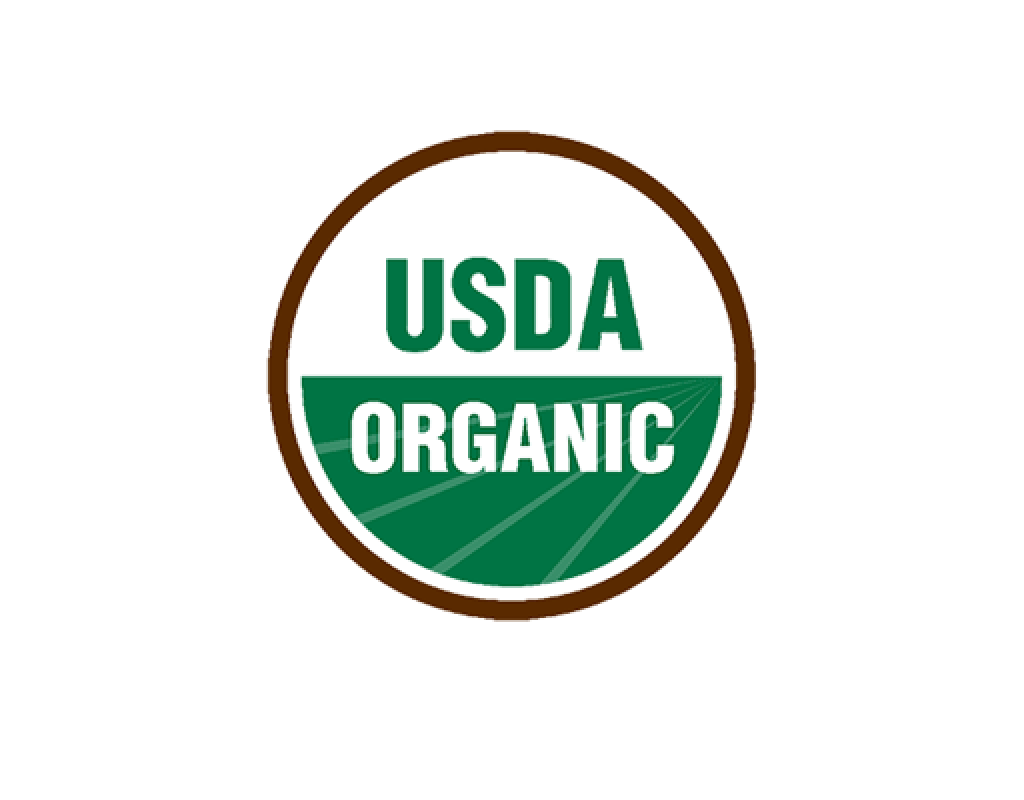
#2 – Take a few minutes to check this list of vegan chocolate from the Food Empowerment Project to find chocolate that is not associated with slave labor. If you don’t see your favorite brand, take note of a few and treat yourself to a taste-test with your family or friends.
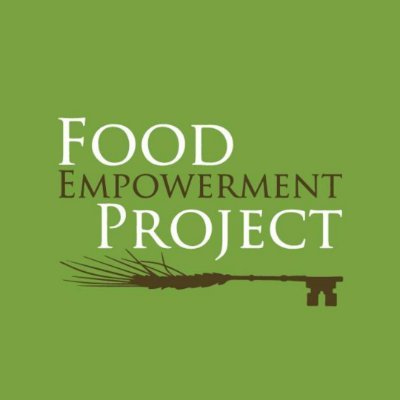
#3 – It’s easy to learn more about what steps the best chocolate companies go through to ensure their products are ethical and clean. Take a ten-minute journey through the websites of Lake Champlain Chocolate, Askinosie Chocolate, Pascha Chocolate, Alter Eco, and Dandelion Chocolate. All these brands work directly with farms to ensure ethical growing, including labor and rainforest protection. I’ll cover the issue of toxins in my next blog. To be sure, the best chocolate, the most ethical chocolate, will cost more. We should all support and honor this because it is true in every industry: ethical. sourcing. costs. more.
SEE ZEGO’S PURITY VERIFIED PRODUCTS
About Colleen Kavanagh and ZEGO
Colleen Kavanagh is the founder and CEO of ZEGO, a company that seeks to inspire changes in the food system so it better nourishes all people and our planet. She spent 20 years working to better nourish low-income children through improved public policies and programs, working for Congressman George Miller in Washington, DC and various anti-hunger nonprofits. She founded the nonprofit www.abettercourse.org. In 2013, she decided the only way to better nourish the most vulnerable is to leverage consumer demand through the marketplace to regenerating the food system and protect the most vulnerable. And that, lead to her starting ZEGO.

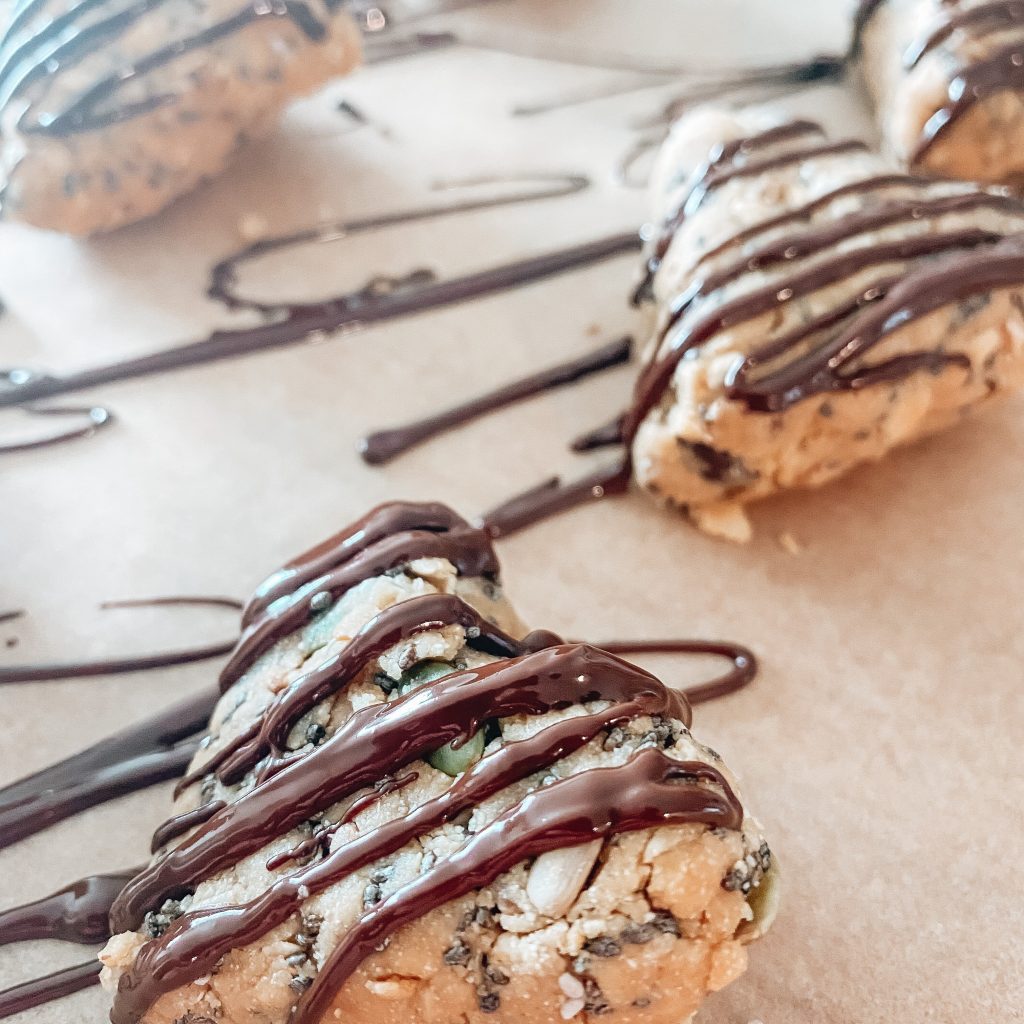

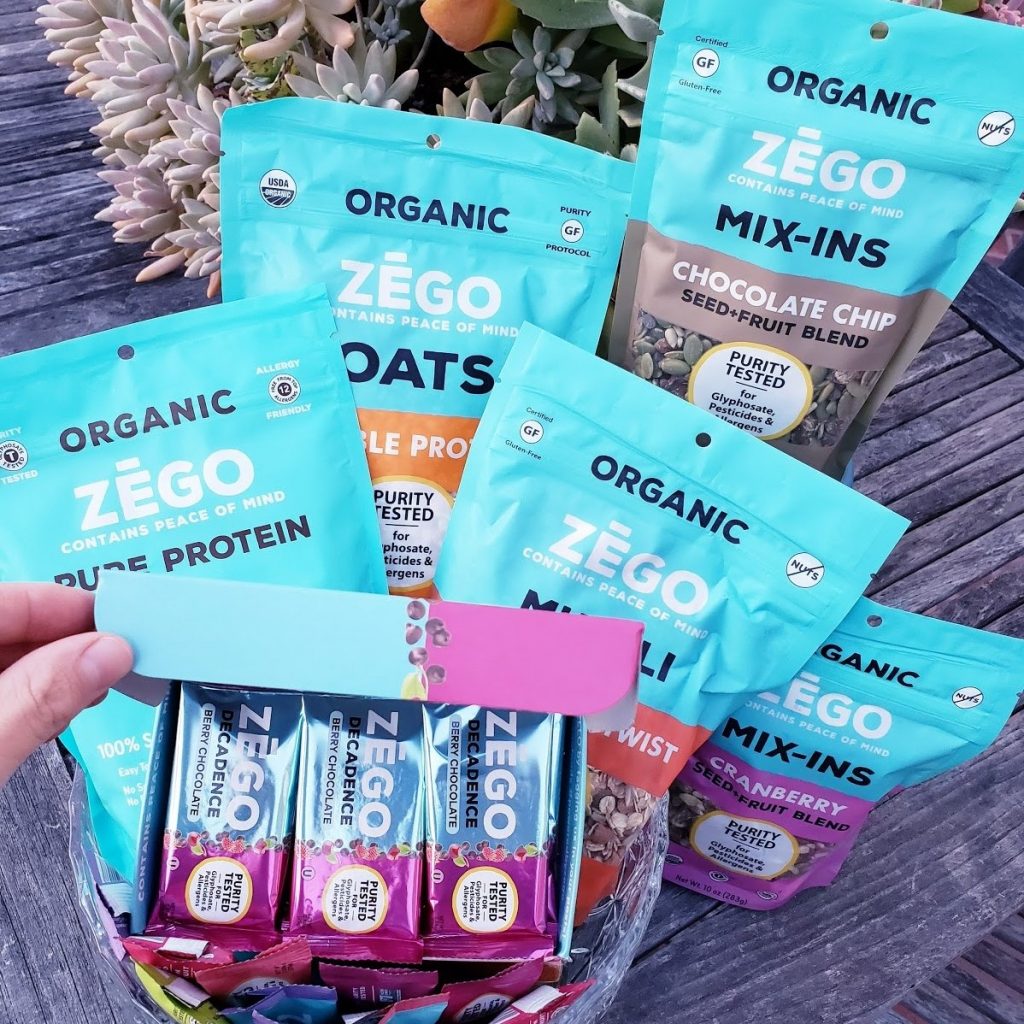

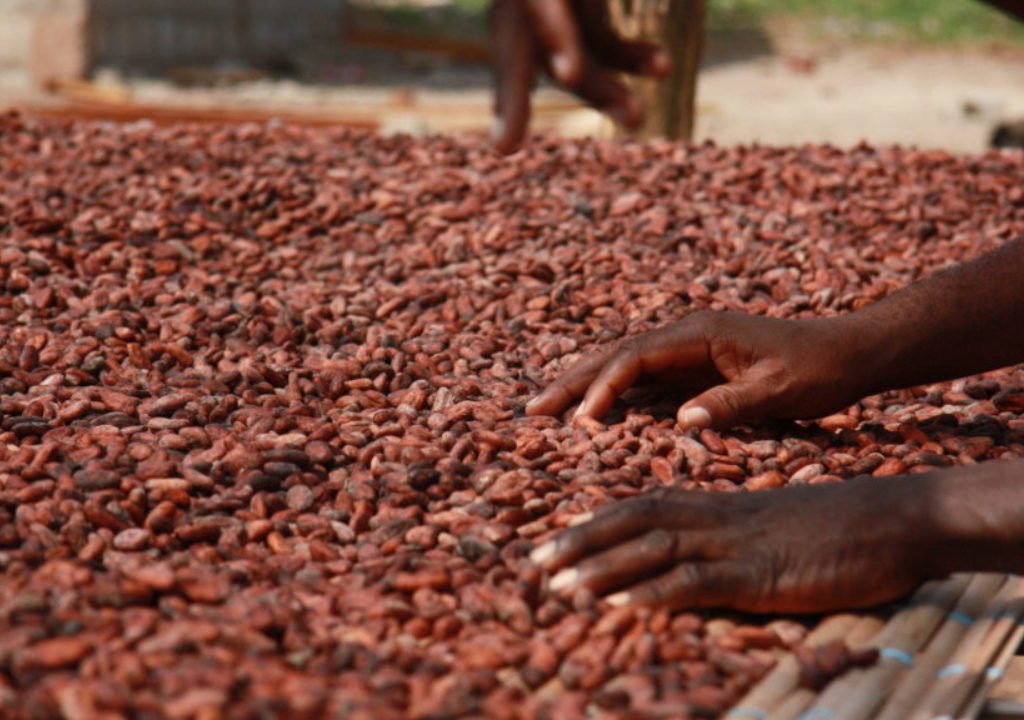
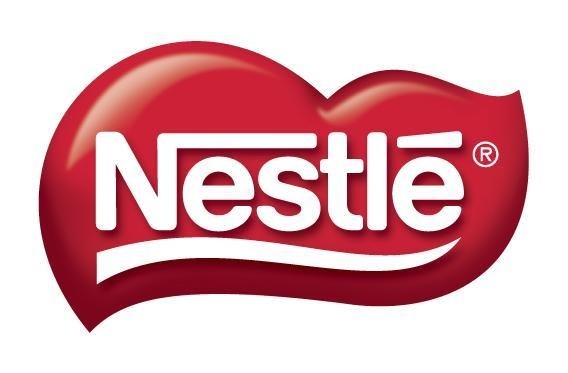


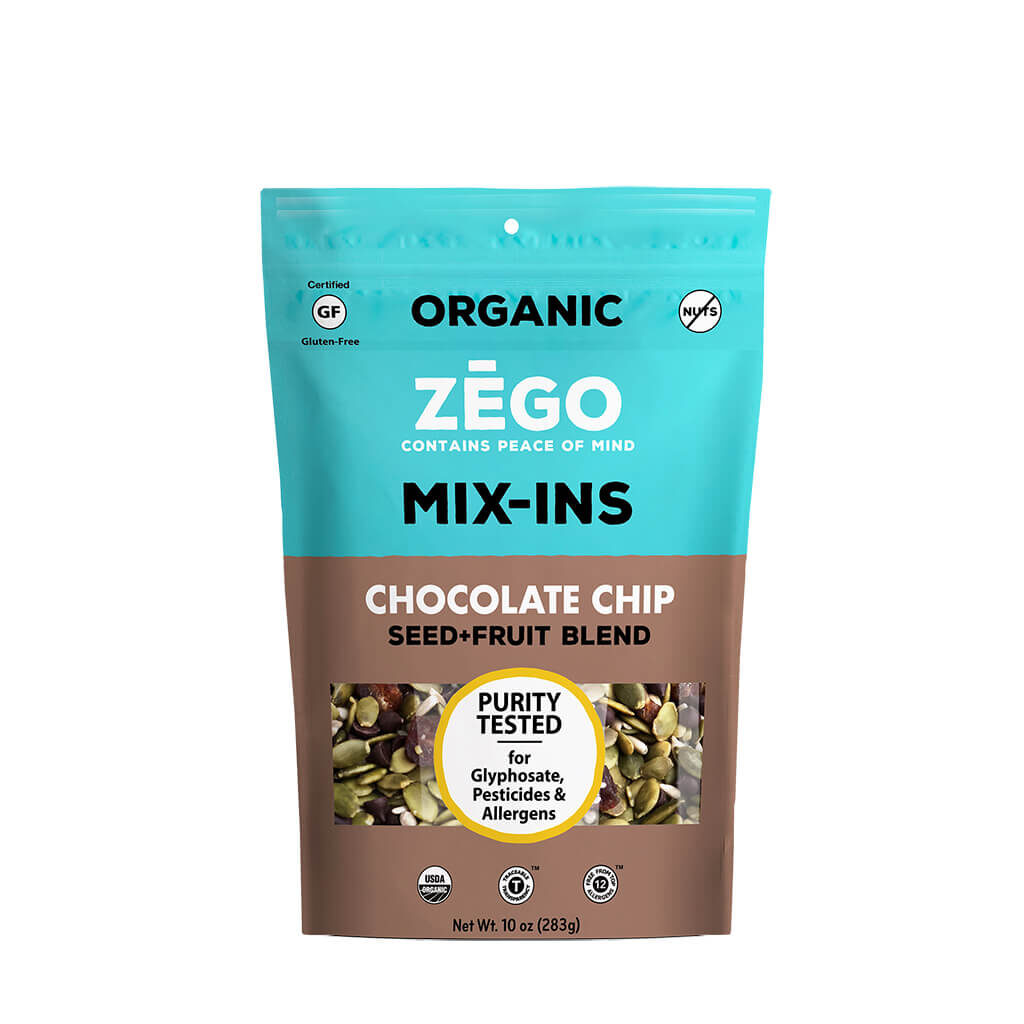
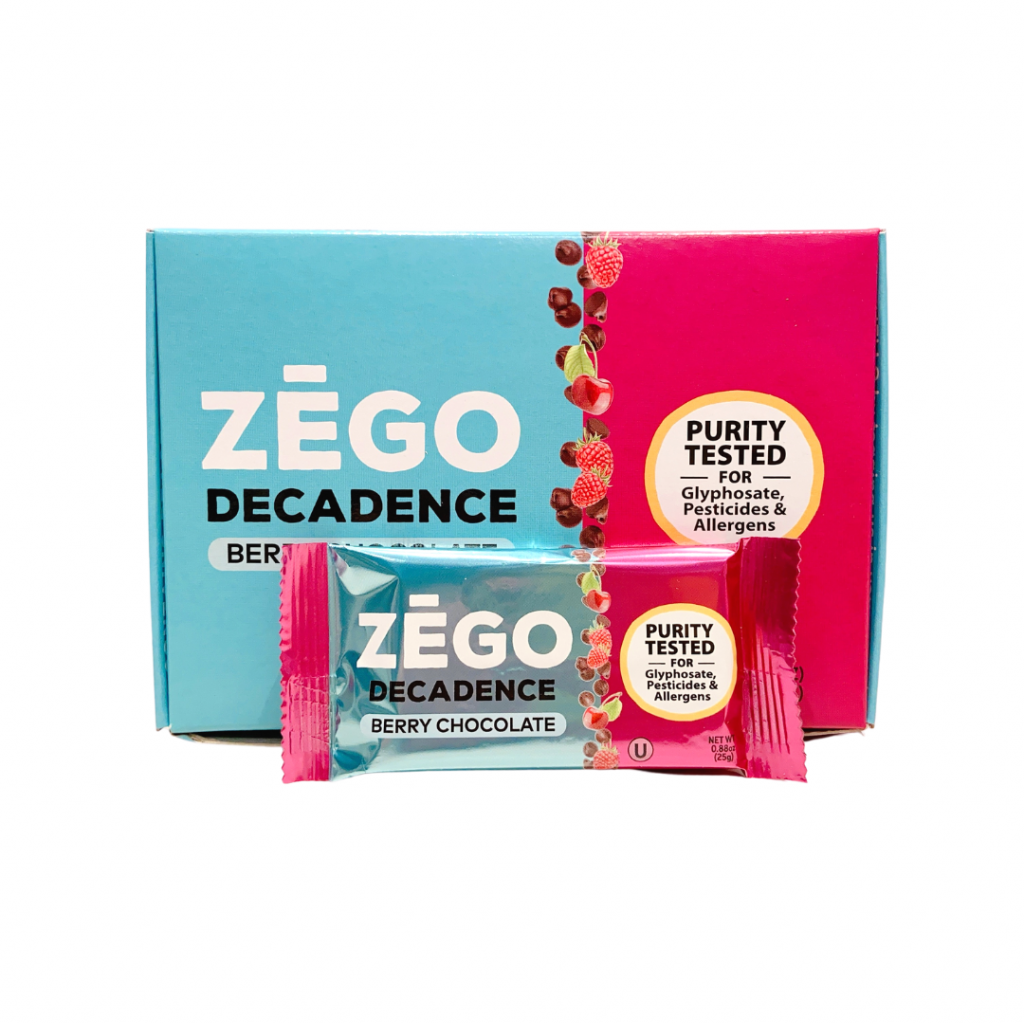
I look forward to your next blog about troubling amounts of heavy metals found in chocolate (even the organic, fair trade brands).